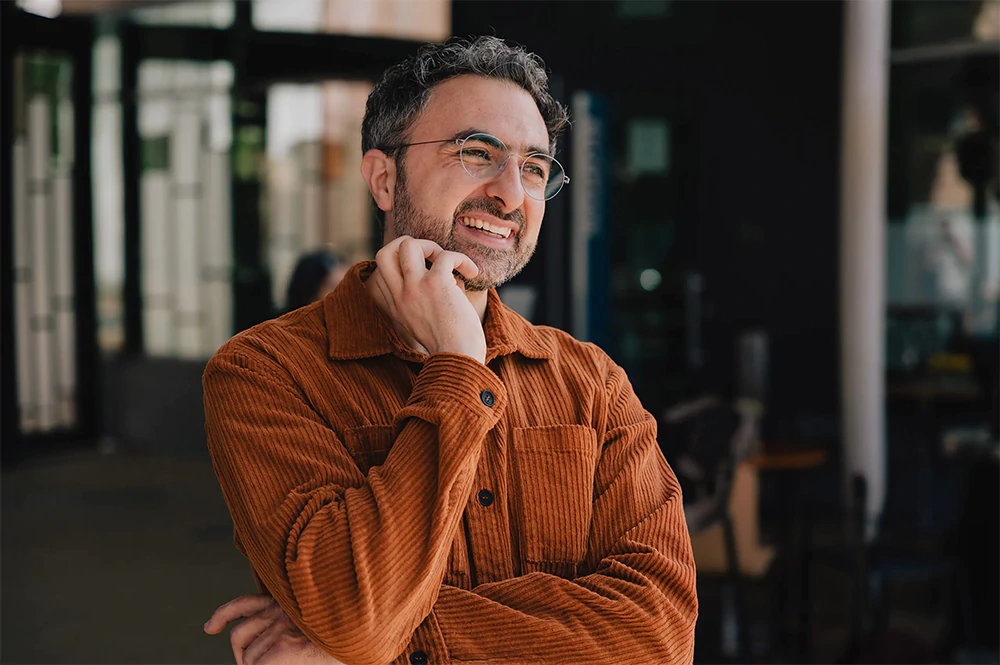As technology advances, new things are introduced. With more powerful hardware and software, the increasingly complex calculations and computations of computers are making things that weren't possible before, possible.
When OpenAI introduced ChatGPT, the tech world went into a frenzy, simply because it never saw anything like it. Competitors scramble, and users couldn't be happier.
But chat is only one thing, and AI is only scratching the surface with it.
Mustafa Suleyman, the co-founder of Inflection AI, co-founder and former Head of Applied AI of DeepMind, thinks that generative AI is just one of the phases of AI.
The next phase, which is the third, the one that comes after generative AI, is what he calls the intuitive AI.

In an interview with the MIT, Mustafa Suleyman said that:
"That’s a huge shift in what technology can do. It’s a very, very profound moment in the history of technology that I think many people underestimate. Technology today is static. It does, roughly speaking, what you tell it to do."
According to Suleyman, generative AI tools are very capable and astonishing indeed.
But interactive AI, is where bots can carry out tasks users have set for them by calling on other software and other people to get things done.
Suleyman explained that the first wave of AI was all about classification, which happened during the development of deep learning. At the time, the technology showed how people can train computers to classify various types of input data.
The second wave, is the generative wave, the time when computers can input data to produce new data.
"That’s a huge shift in what technology can do. It’s a very, very profound moment in the history of technology that I think many people underestimate. Technology today is static. It does, roughly speaking, what you tell it to do."
"But now technology is going to be animated. It’s going to have the potential freedom, if you give it, to take actions. It’s truly a step change in the history of our species that we’re creating tools that have this kind of, you know, agency."
And when it comes to future AIs, the society is going to level up with their interaction with AIs. And at that time, everyone will have their own personal assistant. Speaking with The Washington Post, he Suleyman said that:
"Just as we all had a personal computer, the future of computing is intelligence. And you're going to want a personal AI that is accountable to you, controlled by you, on your side, you know, in your corner. And it's going to get to know you pretty closely."
"You know, you'll have really close conversations with it about your past and your history, about your work, about your plans for the weekend, about what you want to cook for dinner this evening. And it will help you to prioritize and plan and book things."
"Think of it as a chief of staff or a personal assistant."
What he means, people can simply ask AI, instead of having to search around on Google and others, or spend lots of time browsing on different websites.
They can use AI to help get things done.
The co-founder of DeepMind, which was acquired by Google in 2014 for $500 million, said the next generation of AI tools shall be "a step change in the history of our species."
The AI will allow people to not only obtain information, but also order tasks and services to be carried out on their behalf.
In the end, Suleyman also calls for robust regulation, which he said shouldn't be that hard to achieve.
"It takes a combination of cultural pressure, institutional pressure, and, obviously, government regulation," he said. "Controlling AI will be an offshoot of internet regulation."
Suleyman however, also added that Ai comes with grave risks, because in the hands of bad actors, AIs can be used for many nefarious things, and could also be weaponized.